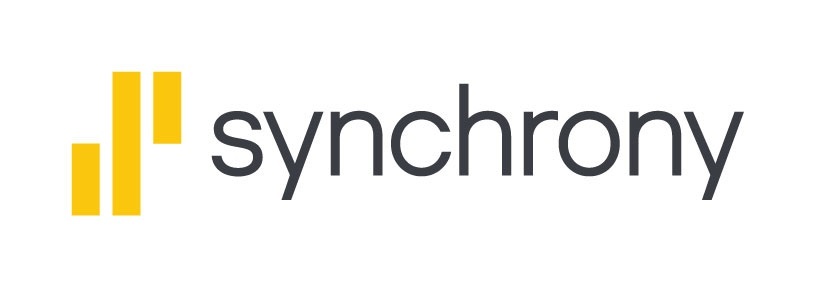Have you managed to put money away for a rainy day, but it’s still sitting in your checking account or a traditional savings account, earning very little interest? If so, it’s time to find a new home for your fund, someplace where your money can earn money. Here are four of the easiest, smartest places to tuck your emergency fund away.
1. High-yield savings account
High-yield savings accounts typically pay much higher rates than traditional savings accounts, helping your money grow. Here are several more facts you need to know about high-yield savings accounts:
- Some high-yield savings accounts pay a much higher annual percentage yield (APY) of 5.00% or more.
- Funds in a high-yield savings account are easy to withdraw when you need them (often, you’ll need to transfer money to a linked checking account.
- It pays to monitor APYs closely, as rates are variable and can change.
2. Money market account
A money market account (MMA) is a type of savings account (with a somewhat fancy name). MMAs share some characteristics with high-yield savings accounts, although there are also notable differences.
- Some banks and credit unions currently offer great rates on MMAs, far higher than a traditional savings account.
- MMAs often have a minimum balance requirement to open an account.
- You can often access your money via checks or a debit card.
- The number of withdrawals and transfers you make in one month may be limited.
- Like high-yield savings accounts, MMAs have a variable APY, meaning you must remain aware of interest rate changes.
3. Certificates of deposit
A certificate of deposit (CD) is yet another type of savings vehicle offering high APYs on your savings. Here’s how a CD works:
Our Picks for the Best High-Yield Savings Accounts of 2024
|
SoFi Checking and Savings 
APY up to 4.60%
|
APY up to 4.60%
|
Min. to earn $0 |
|
Synchrony Bank High Yield Savings 
APY 4.75%
|
APY 4.75%
|
Min. to earn $0 |
|
Capital One 360 Performance Savings 
APY 4.25%
|
APY 4.25%
|
Min. to earn $0 |
- Opening a CD involves depositing a certain amount of money for a specific amount of time. The terms typically range from three months to five years, depending on the financial institution.
- In return for depositing money with it, the financial institution guarantees it will pay you a set amount of interest as long as you leave your funds in the CD for the agreed-upon term.
- One thing that sets a CD apart from deposit accounts like savings is that you’re guaranteed a fixed rate of interest for the entire term. So, if you open a 5-year CD, you know exactly how much money you will earn by the time it matures.
- If you decide to withdraw money before the term ends, you’re likely to get hit with a penalty. If you’d prefer, you can open several CDs, each with a different maturity date, so you can continually access some cash (this is called CD laddering). If a CD matures and you don’t need the money to cover an emergency, you can always check current APYs and allow it to roll over into a new CD if you like the rates.
4. Cash management account
Another place you can safely park your emergency savings is in a nonbank cash management account. If you have a brokerage account, ask your broker about how much its cash account currently pays in interest. Like a traditional savings account, you can withdraw cash as you need it.
Ask yourself these questions to decide
There are three questions you’ll want to ask yourself before moving your emergency fund into any of these accounts:
- What is the current APY?
- Is the rate fixed or variable, and does it matter at this moment?
- Will I be hit with a penalty if I need to access my cash sooner than expected?
You know you’ve found the “sweet spot” for your emergency fund if your money is somewhere secure, has a good rate of return, and you’re comfortable with the rules regarding withdrawal.
These savings accounts are FDIC insured and could earn you 11x your bank
Many people are missing out on guaranteed returns as their money languishes in a big bank savings account earning next to no interest. Our picks of the best online savings accounts could earn you 11x the national average savings account rate. Click here to uncover the best-in-class accounts that landed a spot on our short list of the best savings accounts for 2024.
